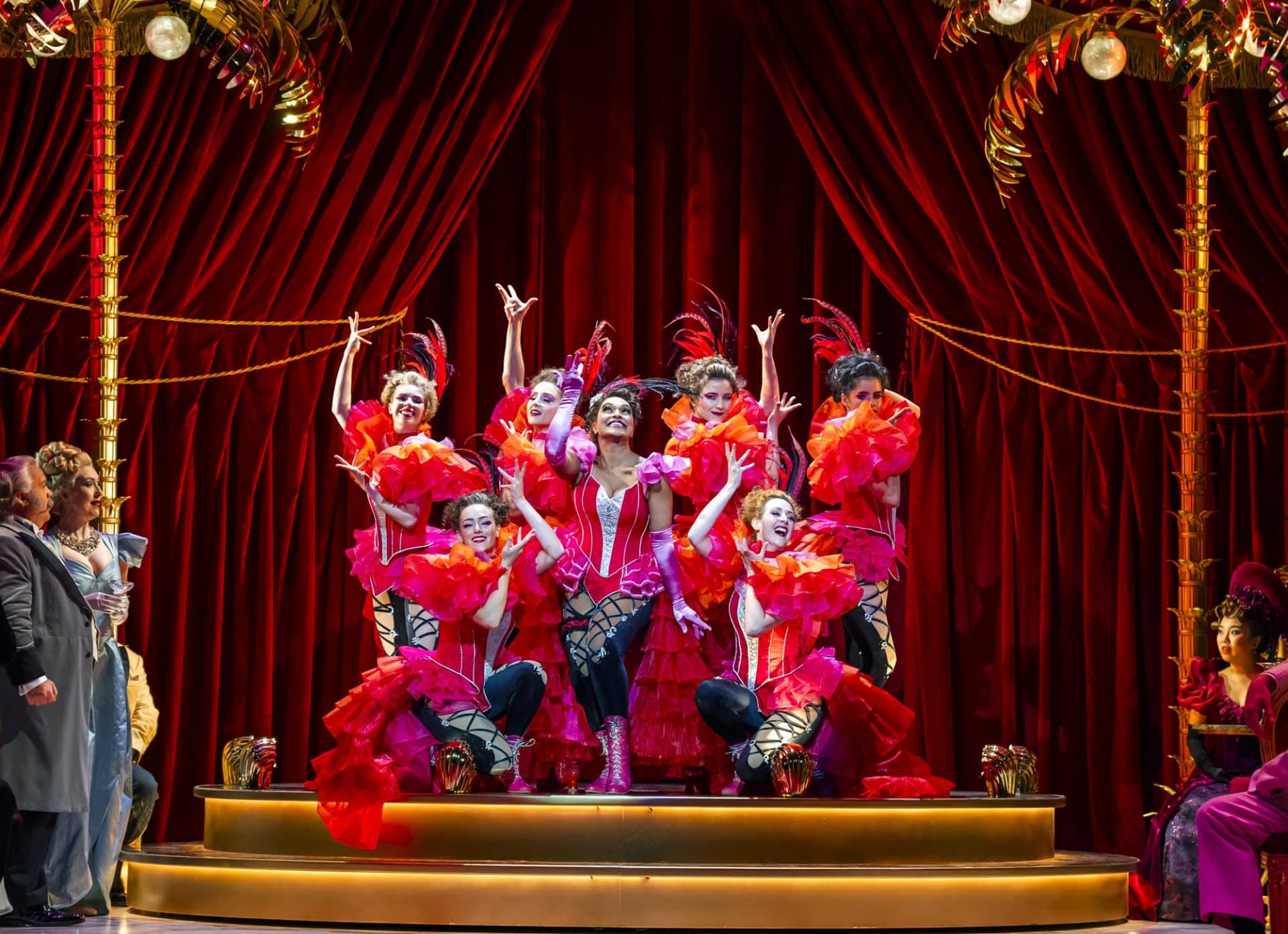The music world likes a decent anniversary, something to focus on. Prominent among the anniversaries this year has been the 150th of Gustav Holst’s birth: a composer so associated with The Planets that he’s in constant danger of dismissal as a one-hit wonder, which would be unfair.
The Planets has enjoyed a field day in this anniversary season, courtesy of any concert hall or festival with access to an orchestra. But at the same time, festivals with access to a choir – by which I mean a big choir, capable of making serious noise – have been attending to Holst’s Hymn of Jesus. And among them was the Cheltenham Festival, which has a special claim on Holst in that the town boasts (and maintains as a museum) his birthplace.
Cheltenham doesn’t have too many performances spaces with the scale for a piece like this, so it was held in nearby Gloucester Cathedral, with a great meeting of local singers and the Royal Liverpool Philharmonic, conducted by Adrian Partington, the cathedral’s director of music. And very splendid it all was, despite a loss of detail to the building’s resonance, and slightly sluggish pacing: music like this calls for a conductor with the force of personality to drive a coach and four against a strong wind. As things were, I didn’t get much sense of forward movement.
But that’s maybe unsurprising in a piece so steeped in mysticism. Holst was not conventionally Christian. And although the Hymn of Jesus starts with references to plainsong – notably the meditation on the Cross that is the Pange lingua – it settles into an obscure Gnostic text (at one point declared heretical by St Augustine) that describes a second-century ritual for the induction of an applicant to some arcane spiritual brotherhood. Proceeding like a litany, with questions and answers, it requires the applicant to confront the experience of suffering. And it culminates in something like a liturgical dance.
Why Holst was drawn to this text is unclear. But the fact that the Hymn was written in 1917, during the Great War, may explain why suffering was on his mind. And liturgical dance was an abiding interest that stayed with him throughout his short life.
For myself, I find the Hymn of Jesus hard to grasp – as music, or as anything – and much preferred the other main piece in this Gloucester concert: Poulenc’s piercing, heartfelt, joyous Gloria, which sounded thrilling in a grand cathedral context (it’s more often heard in concert halls). It had a classy soloist in Samantha Clarke, whose vocal swoops sent shivers down the spine. Magnificently memorable in a way the Holst, however interesting, was not.
Class is a hard thing to define, although you know it when you see (or hear) it. And in the new production of Franz Lehar’s Merry Widow, playing through the summer at Glyndebourne, it was partial: there unquestionably in the orchestra (the London Philharmonic, which sparkled under the meticulous conducting of John Wilson); there in the decorative panache of the sets; there, even, in a staging by Cal McCrystal that came dangerously close to slapstick but stayed broadly within the conventions of Viennese operetta. But it was not so obviously there in the leading lady, Danielle de Niese, who worked hard onstage – she’s a trooper – but just didn’t deliver what was needed. Including top notes.
In fact it was a patchy cast, but with one shining star in Sir Thomas Allen as the ambassador. Approaching his 80th birthday, he was a consummate example of a veteran performer with limited voice but a lifetime’s craft. He made the most of what he still has, and it was special to witness – not least because, later in the run, he announced that this would be his farewell to public performance. It’s been a great career. Start to finish, the epitome of class.
Also playing over the summer was Britten’s Midsummer Night’s Dream at Garsington, which had the virtue of a strong ensemble of real children for the fairies, as opposed to the young women who tend to be cast these days in the absence of small boys with voices that project. Britten was very specific about the sound he wanted from his fairies. And though it wasn’t that of conventional English cathedral trebles, it wasn’t young women either.
Other virtues included standout performances from James Newby (a charismatic Demetrius) and James Way (who all but stole the show as a Flute who blossoms into full-on diva-dom as Thisbe, and so clearly loves the frock that he’ll never be the same again). But Netia Jones’s staging I found clinical and lacking magic. And Lucy Crowe’s Tytania was underwhelming in a role written, back in the 1950s, for the neurotically brilliant coloratura of Jennifer Vyvyan (long dead but not forgotten).
Crowe didn’t quite get the neurosis: it got transferred to her husband Oberon – Iestyn Davies, who must have sung the role countless times but seemed pressured to do something different that didn’t work. Sometimes it’s best to stick to the script.
<strong><strong>This article appears in the September 2024 edition of the <em>Catholic Herald</em>. To subscribe to our award-winning, thought-provoking magazine and have independent and high-calibre counter-cultural and orthodox Catholic journalism delivered to your door anywhere in the world click <a href="https://catholicherald.co.uk/subscribe/?swcfpc=1"><mark style="background-color:rgba(0, 0, 0, 0)" class="has-inline-color has-vivid-cyan-blue-color">HERE</mark></a></strong></strong>.



